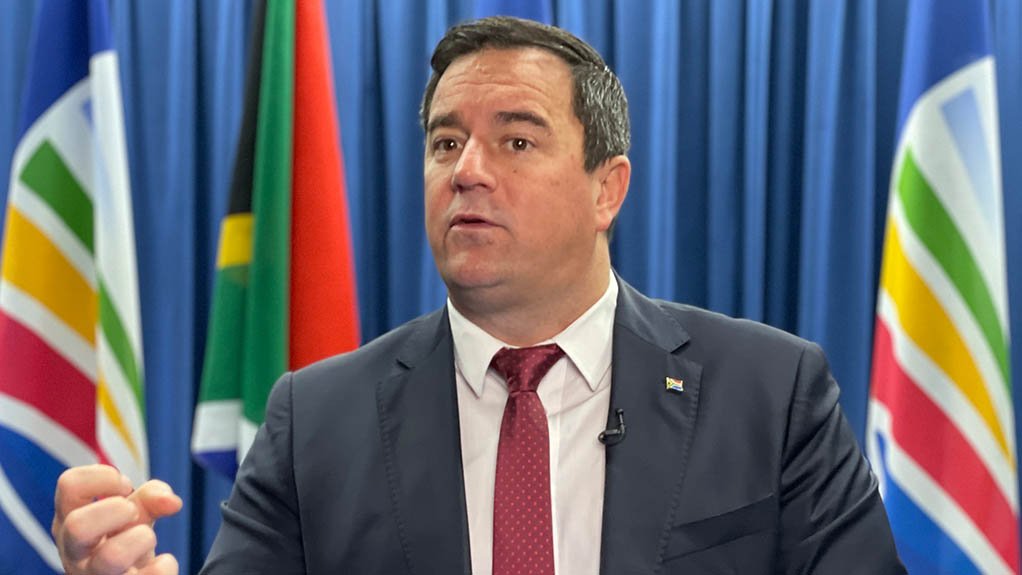By Thapelo Molefe
The Democratic Alliance (DA) marked its 100 days in the Government of National Unity (GNU) on Friday by outlining four areas where it will not support the GNU under any circumstances.
Citing concerns over fiscal responsibility, economic stability and social welfare, DA leader John Steenhuisen said the party had identified four critical areas it would oppose.
One was the DA vowing to block any additional bailouts for struggling state-owned enterprises.
“South Africa has spent over R350 billion in bailouts for SOEs over the past 10 years, and this is one of the key reasons there is now a fiscal crisis. Money that should be available for teachers and nurses is now gone. It has to stop,” he said.
The party continued to reject Clauses 4 and 5 of the Basic Education Laws Amendment Bill, which it warned would compromise mother-tongue education in single-medium schools.
He said the DA reiterated its opposition to the National Health Insurance (NHI) scheme, citing concerns over financial sustainability and potential harm to healthcare outcomes.
“The implementation of the NHI scheme will bankrupt South Africa without improving healthcare or health outcomes,” Steenhuisen said.
And, the DA has pledged to block attempts to alter the ownership structure of the South African Reserve Bank to safeguard economic stability.
“The attempt by the EFF to win support for a private member’s bill to change the ownership structure of the Reserve Bank [will] decimate confidence in the future of our economy. The DA will use our position in Parliament to block any change to the ownership structure of the Reserve Bank.”
Steenhuisen also unveiled the party’s top priorities aimed at revitalising the country’s economy and tackling the unemployment crisis.
He said the party had identified five key focus areas for the medium-term budget, which would be delivered on 30 October.
Steenhuisen said at the heart of the DA’s strategy was a commitment to reducing South Africa’s crippling debt-to-GDP ratio to under 70% by the end of the 7th administration.
He said this would be achieved through a comprehensive spending review, cutting programmes that failed to deliver measurable positive outcomes, and redirecting funds towards critical areas such as infrastructure, education, health and security.
He added that the DA was also pushing for significant investment and reform through Operation Vulindlela Phase 2.
This included creating a competitive energy generation market, upgrading energy transmission infrastructure and concessioning ports and freight rail management to competent operators.
Other priorities included digitising the Home Affairs Department to attract remote workers, skilled workers and tourists, expanding access to affordable broadband, and streamlining infrastructure development through a single point of entry for government-led projects.
INSIDE POLITICS

